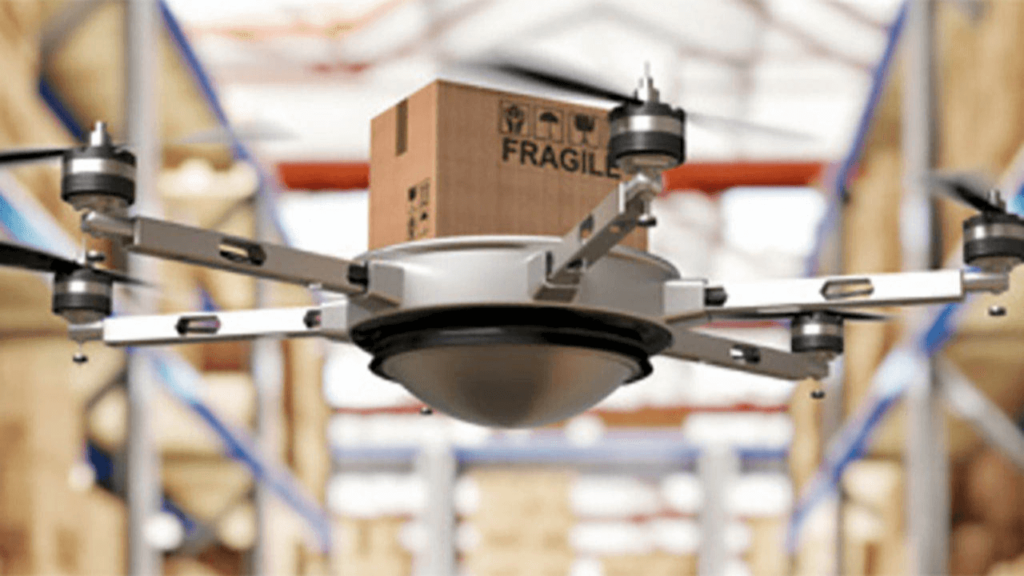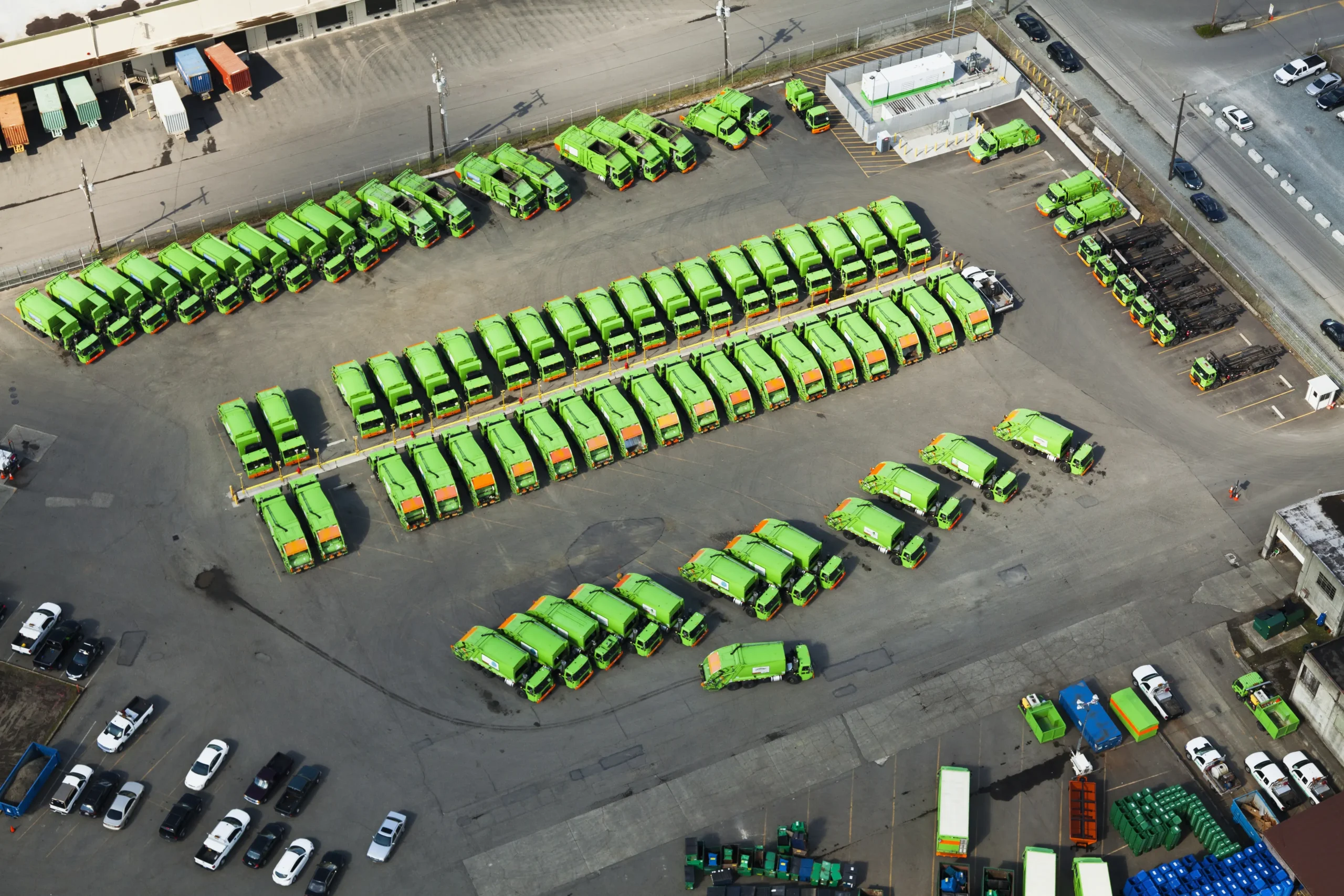In an increasingly connected and fast-paced world, customer expectations about fulfilment are higher than ever. There are multiple driving forces behind the transformation in fulfilment.
eCommerce and customer connectivity have created a new expectation of on-demand goods and services, which blurs the lines between manufacturing, transport and logistics, and retailers.
Fulfilment is now an increasingly collaborative process, with organisations working together to provide fast and efficient delivery.
The future of fulfilment vision study
A study commissioned by our partner Zebra Technologies explores this new future of fulfilment.
Zebra asked 2,700+ transportation and logistics, retail, and manufacturing professionals worldwide how they are adapting (or planning to adapt) business operations to meet the demands of the omnichannel fulfilment environment.
Key trends & challenges
Attaining omnichannel
Between eCommerce giving consumers the expectation of faster delivery, and the vast choice of goods now available to consumers online, attaining omnichannel fulfilment capability is more difficult (and complex) than ever.
Multipurpose stores
Many retailers are now using in-store inventory to fulfil online orders, in a ship-from-store model. Most are also planning to implement a click-and-collect option in the next year.
The operational challenge of returns
The growing expectation for fast and free shipping doesn’t just apply to delivery – but to returns as well. Many of the retailers surveyed reported struggling to manage the operational cost and returns processes across numerous channels.
Most of the retailers that currently don’t offer free shipping, free returns or same-day delivery are, however, planning to implement this in future.
Additionally, almost half of those surveyed expect to outsource the management of their returns to a third party in future, and many agreed that “increasingly, retailers will modify stores into fulfilment centres that accommodate product returns.
Investment in tech making omnichannel feasible
While most organisations already have some kind of barcode scanning in place, the majority still use manual paper-based processes alongside it. Almost all are planning to implement handheld mobile computers with barcode scanners, which will enable real-time access to WMS (Warehouse Management System) data.
Survey respondents also plan to implement radio-frequency identification (RFID) technology, to manage inventory more accurately.
Efficiency gains from the use of technology
As well as making omnichannel logistics more attainable, the use of technology is predicted to improve efficiency across the transport and logistics operation.
These emerging technologies should make it possible for organisations to build and manage next-generation supply chains – improving speed, accuracy and cost-effectiveness.
Survey respondents identified drones, driverless or autonomous vehicles, wearable and mobile technology, and robots as the technologies that are most likely to disrupt the sector.
Faster-than-ever delivery estimates
Over 75% of respondents are expecting to offer same-day delivery by 2022, and over a third expect to be able to offer a two-hour delivery window by 2032.
Zebra solutions for fulfilment
We work with Zebra Technologies to deliver ruggedised devices and mobility solutions, tailored to the fulfilment and logistics sector.
Zebra offers enterprise-grade devices with rugged features, powerful inbuilt scanning capabilities and intelligent connectivity, but with the ease-of-use of the consumer Android OS. Learn more about Zebra devices for the field operations environment.








